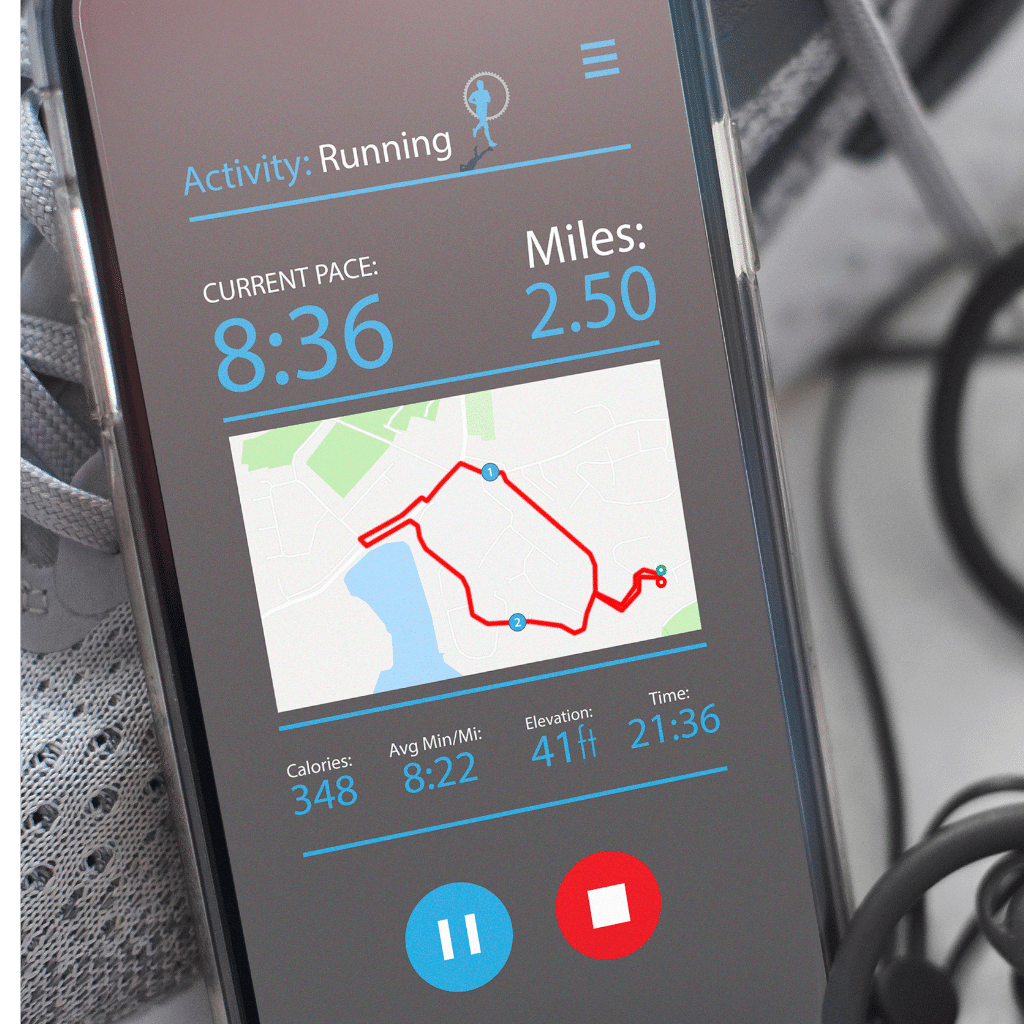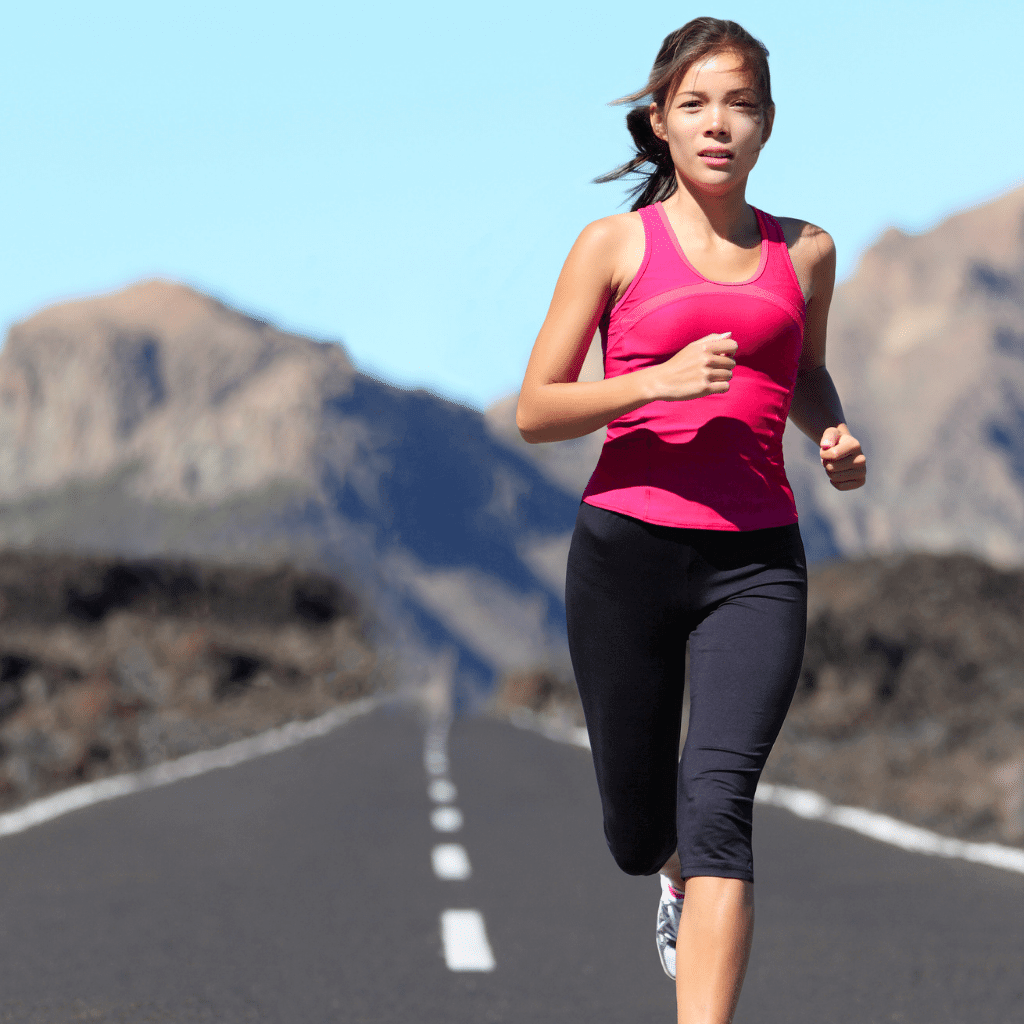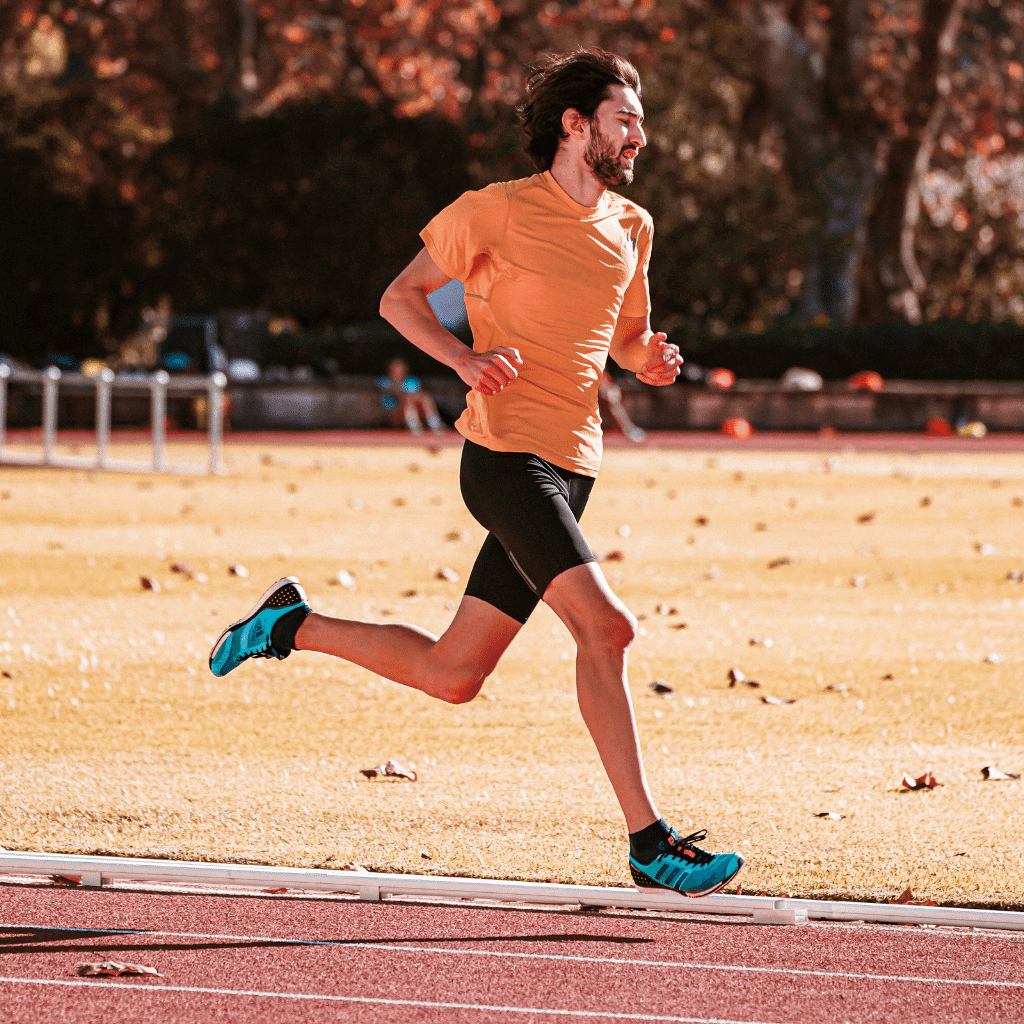
Aging is an inevitable process that affects us all. As we grow older, our bodies undergo various changes at the cellular, physiological, and psychological levels. However, research has shown that regular exercise, such as running, can significantly slow down the aging process and help maintain a youthful and vibrant body.
In this article, we will explore the fascinating topic of the anti-aging effects of running. Running is not just a physical activity; it is a powerful tool that can promote longevity, improve overall health, and enhance our quality of life as we age. By engaging in this simple yet effective form of exercise, we can tap into numerous benefits that go beyond the superficial aspects of physical appearance.
We will delve into the mechanisms by which running influences the aging process, from a cellular level to the broader physiological adaptations that occur in our bodies. Additionally, we will explore the impact of running on cardiovascular health, bone density, joint function, and chronic inflammation, all of which play pivotal roles in the aging process.
Whether you are a seasoned runner or considering taking up running as part of your fitness routine, understanding the anti-aging effects of running can provide you with the motivation and knowledge to embrace this activity and reap its long-term benefits. So, let's embark on a journey to discover how running can help slow down the aging process and contribute to a healthier, more vibrant, and youthful you.
1. Boosts Cellular Health
Running stimulates the production of mitochondria, the powerhouse of our cells responsible for generating energy. Increased mitochondrial activity can improve cellular function and reduce the impact of aging on our bodies.
2. Improves Cardiovascular Health
Regular running helps maintain a healthy heart and enhances cardiovascular fitness. It strengthens the heart muscle, improves blood flow, and lowers the risk of age-related cardiovascular diseases, such as heart attacks, strokes, and high blood pressure.
3. Enhances Bone Density
As we age, our bones tend to lose density, making them more prone to fractures and osteoporosis. Running is a weight-bearing exercise that puts stress on the bones, stimulating bone growth and increasing bone density, thereby reducing the risk of age-related bone diseases.
4. Promotes Joint Health
Contrary to common misconception, running can actually improve joint health when done correctly. It helps strengthen the muscles and ligaments surrounding the joints, providing support and stability. Regular running can reduce the risk of age-related joint conditions, such as arthritis, and improve overall joint function.
5. Reduces Chronic Inflammation
Chronic inflammation is associated with aging and age-related diseases. Running has been shown to decrease levels of inflammatory markers in the body, thereby reducing the risk of chronic inflammation and its negative impact on overall health.
Conclusion
Running is a powerful tool that can effectively slow down the aging process and contribute to a healthier, more vibrant, and youthful body. By engaging in regular running, we can tap into a multitude of anti-aging benefits that go beyond the surface level. From cellular health to cardiovascular fitness, bone density, joint function, and chronic inflammation, running has a profound impact on various aspects of our well-being.
Running stimulates the production of mitochondria, improves cardiovascular health, enhances bone density, promotes joint health, and reduces chronic inflammation. These effects work together to combat the physiological changes associated with aging and improve overall quality of life.
Furthermore, running is a versatile activity that can be adapted to different fitness levels and preferences. Whether you prefer jogging in the park, hitting the trails, or participating in organized races, running offers a wide range of options to keep you motivated and engaged throughout your fitness journey.
Remember, the key to reaping the anti-aging benefits of running is consistency and gradual progression. Start with a manageable running routine and gradually increase intensity and duration over time. Listen to your body, prioritize rest and recovery, and seek guidance from healthcare professionals when needed.
So lace up your running shoes, hit the pavement, and embrace the incredible anti-aging effects of running. Make it a lifelong habit, and enjoy the numerous physical, mental, and emotional rewards that come with it. Running can be a transformative activity that not only helps you look younger but also allows you to feel younger as you age gracefully and gracefully.








